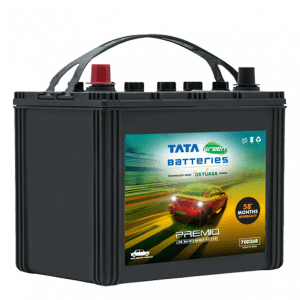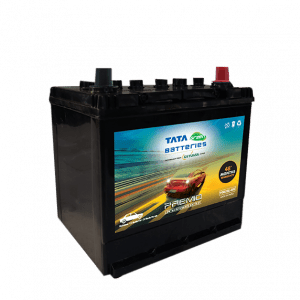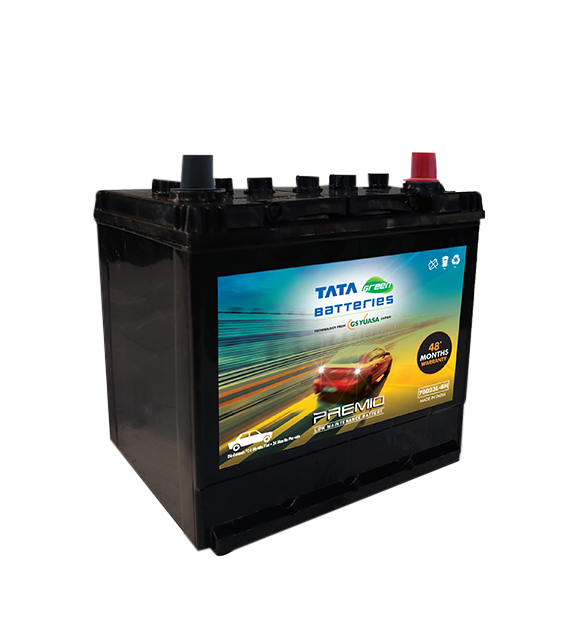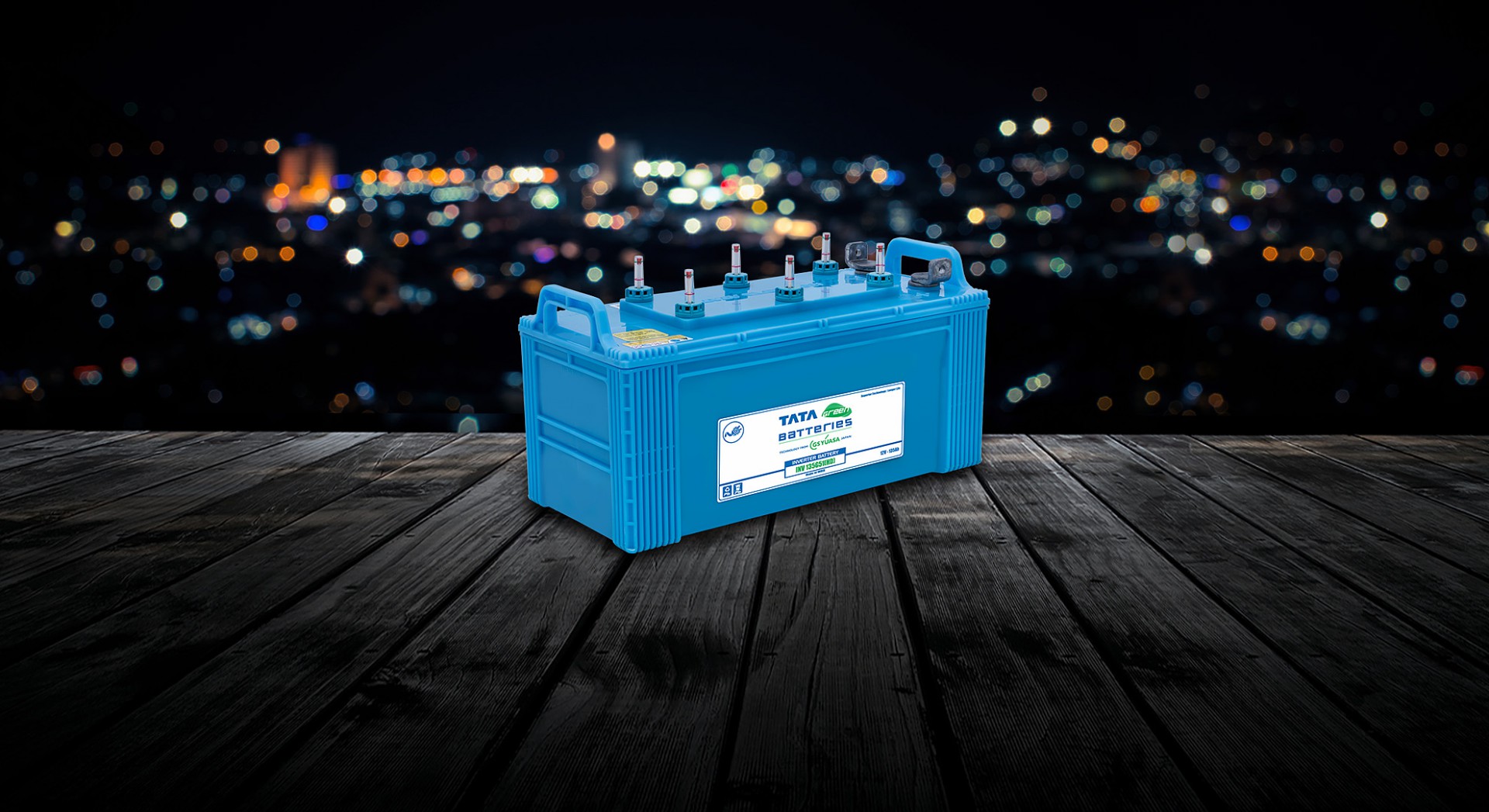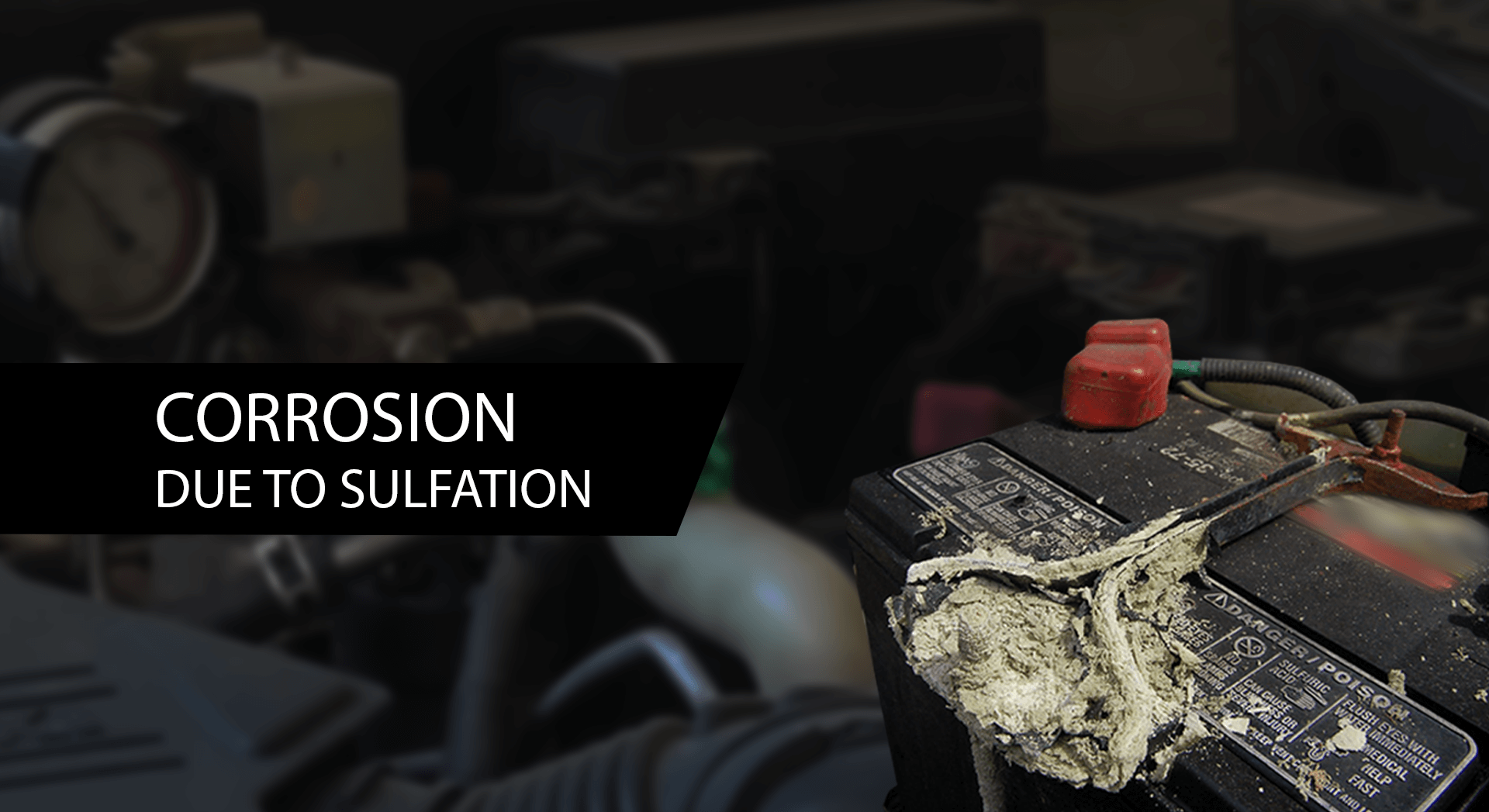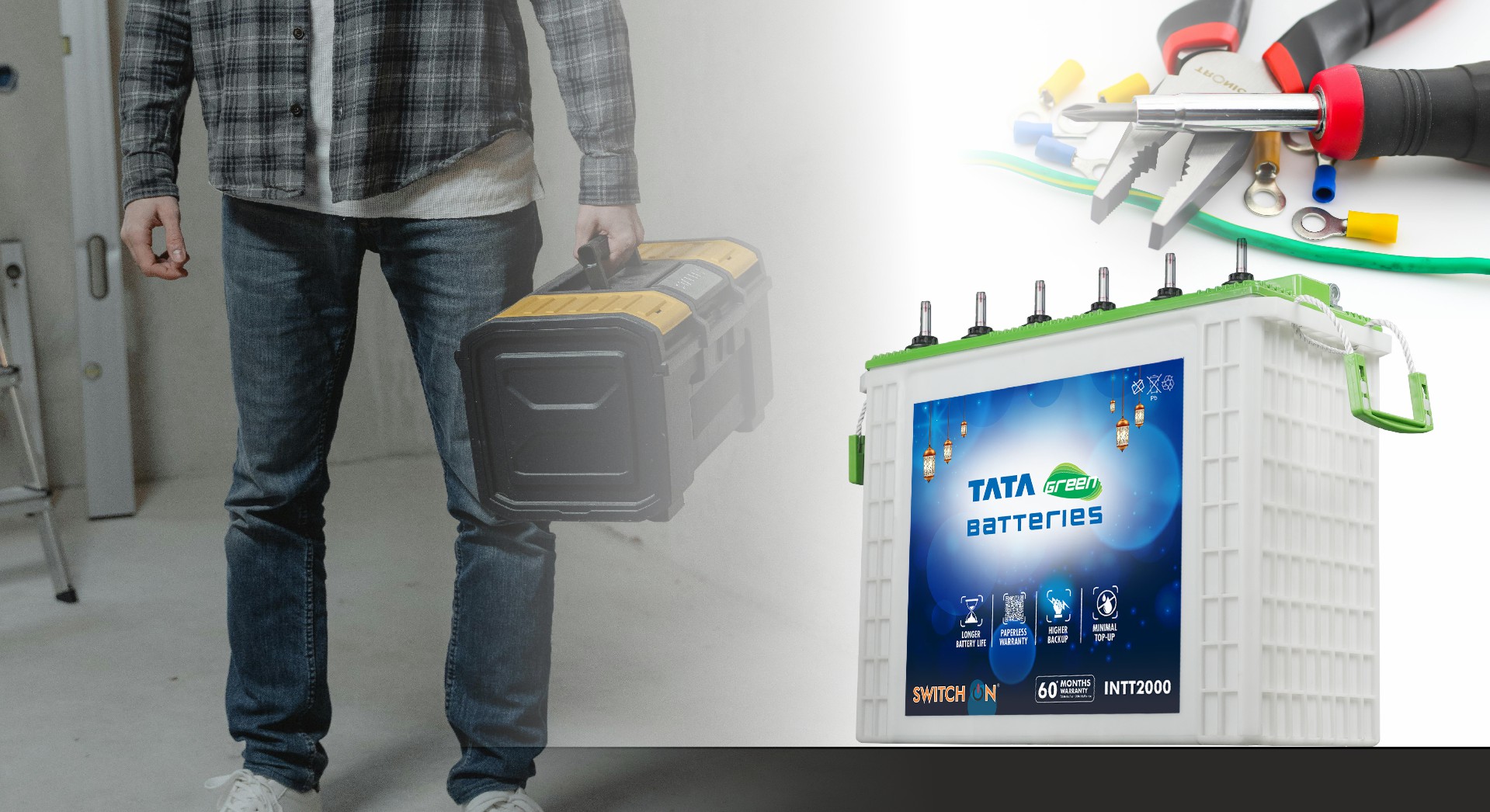When you buy a new battery, you expect reliability, long life and peace of mind. But even the best products can sometimes face issues. That’s where the warranty policy comes in. If you’ve recently purchased a Tata Green Battery, it’s important to understand the warranty terms to ensure you get proper support if needed.
Here’s a simple breakdown of everything you need to know about the Tata Green Battery warranty.
Warranty Only If You Register It
To enjoy the warranty benefits, your battery must be registered on the official TGY Portal or the TGYConnect App. This needs to be done within 15 days of purchase. If not registered in time, your warranty may still be considered, but only if specific conditions are met and documents provided.
Make sure you register with accurate details like invoice date, mobile number and vehicle information (if applicable). A small step like this can save you from big problems later.
Warranty Is Linked to the Date of Sale
For all types of batteries: automotive, inverter, solar and UPS, the warranty begins from the date of sale. If the battery remains unsold for a long time after manufacturing, the company may refuse to offer full warranty benefits if more than 6 months have passed between the manufacturing and sale dates.
In cases where the product wasn’t registered but is still within the warranty period, some exceptions may apply. Still, you’ll need to provide extra documents like your purchase invoice and vehicle RC copy.
What the Warranty Covers
The company will decide whether the battery is repaired or replaced based on inspection results. The percentage of rebate is calculated based on the pro-rata method, which factors in how long you’ve used the battery before raising a complaint. The pro-rata discount is applicable on Vehicular, Two-wheeler, Solar, Tubular and Inverter batteries.
What the Warranty Doesn’t Cover
There are several situations where your warranty can be voided:
- If you use additives or chemicals other than distilled water
- If the battery is used in the wrong vehicle or application
- If there’s damage due to an accident, fire or misuse
- If repairs are done by unauthorised people
- If the battery’s barcode or serial number is damaged or tampered with
- If the electrical system is faulty or the battery is handled carelessly
- If the container is broken or the electrolyte is contaminated
Recharging is also not covered under the warranty and will be chargeable.
Not All Uses Are Covered
Certain fitment conditions apply to how you use the battery:
- Batteries used in taxis, trailers or commercial vehicles often carry reduced warranty periods.
- If an inverter battery is used in a genset, or a tractor battery in a non-vehicle application, the warranty becomes zero.
- A two-wheeler battery fitted in an auto-rickshaw also carries no warranty.
- Special rules apply to E-rickshaw and solar batteries regarding voltage and usage
Using a battery outside its designated application can lead to zero warranty, even if it’s new or otherwise in good condition.
No Extension After Replacement
If your battery is replaced under warranty, the original warranty does not reset. The new battery will carry on the remaining term of the old one. This is a standard policy followed to prevent misuse of the system.
Also, if you’re issued a service battery temporarily during the claim process, you must return it within 15 days. Failure to do so will lead to extra charges per day.
Company Has the Final Say
In case of a warranty claim, the decision of whether to restore, replace or reject the battery rests solely with the company. The battery has to be returned to an authorised service point for inspection.
A special automated failure analysis system is used to check the battery’s condition. The results from this system are considered final. If the battery is found to be in good condition but the customer is still unhappy with the performance, the company may still consider a goodwill replacement, but this is not guaranteed.
Proof of Maintenance Is a Must
If you want your warranty to be honoured, it’s essential to maintain the battery properly and keep records. The battery should be tightly fastened, cleaned regularly and kept free from corrosion.
You can apply petroleum jelly to the terminals, and you must always ensure the charging system is working correctly. If you fail to show proof of proper maintenance during a claim, the warranty can be rejected.
Product-Specific Care Is Required
Every battery type needs specific care:
- Inverter batteries must not exceed charging limits or drop below 10.5V
- Solar batteries must only be used for solar backup and not in any other application
- E-rickshaw batteries should never be discharged below 10.8V and must be recharged only when cool
- VRLA batteries must have a regulated voltage, and the top lid must never be opened
Ignoring these instructions can lead to battery damage, which won’t be covered by warranty.
Follow the Recycling Rules
Used batteries contain harmful materials like lead and acid. They should never be thrown away carelessly. According to government rules, it’s your duty as a consumer to return old batteries to the dealer or to approved collection points.
Not only is this better for the environment, but the dealer is also required to give you a rebate on a new battery in exchange for the old one.
Final Words
A battery is an important investment, and the warranty acts like your backup plan. By understanding the terms and conditions you can make sure your claims are smooth and hassle-free.
Register your product, use it as per instructions, maintain it well and keep your documents handy. This simple approach ensures that your warranty remains valid and you get support when you really need it.






